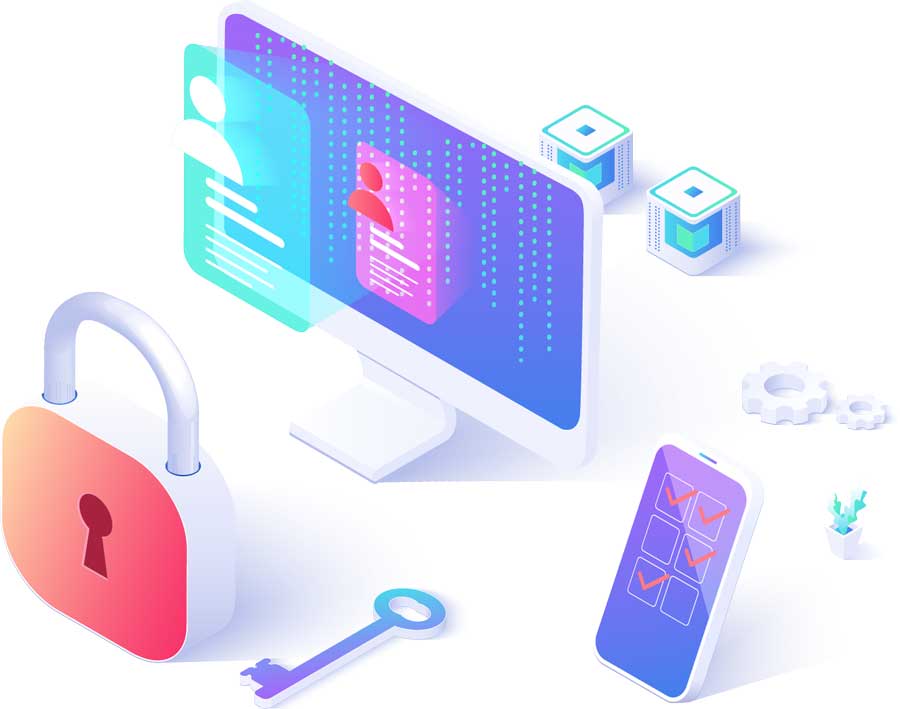How to Ensure HIPAA Compliance in Your Practice’s Billing Process

HIPAA compliance is essential in every billing process today. It protects sensitive patient data from breaches and misuse. Every healthcare provider must secure Protected Health Information (PHI). Without compliance, providers face serious legal and financial risks. HIPAA was designed to protect patient rights and healthcare records. These records are often shared during the billing and claims process. When not protected properly, it can lead to data leaks. Such leaks damage patient trust and the practice’s reputation. Medical billing involves transmitting, storing, and processing PHI. This includes names, diagnoses, insurance, treatments, and more. With growing cyber threats, safeguarding this data is critical. HIPAA outlines rules to help providers follow best practices. These rules apply to billing departments and software systems. They cover everything from data access to secure communication. Practices must train staff and update systems regularly. A small mistake can result in major compliance violations. Understanding HIPAA in billing is more than a necessity. It is a responsibility to uphold ethical healthcare standards. This article explains how to stay compliant and secure. You’ll learn practical steps to improve your billing process. We also show how HS MED Solutions can support you. Our expert team ensures full compliance with HIPAA standards. We help you avoid penalties and protect patient information. Read on to discover the tools and strategies needed. Stay informed, stay compliant, and keep your practice safe. Understanding HIPAA Compliance in Medical Billing HIPAA stands for the Health Insurance Portability and Accountability Act. It was passed in 1996 to protect patient medical information. HIPAA applies to all healthcare providers and their billing teams. It ensures the confidentiality and security of health records. Medical billing involves collecting and sharing sensitive patient data. Without HIPAA, this data could be misused or exposed. There are three main HIPAA rules billing teams must follow. The Privacy Rule controls who can access patient information. It also limits how this data is used or shared. Only authorized staff may view or handle protected information. The Security Rule protects digital patient data from cyber threats. It requires strong passwords, firewalls, and encrypted billing systems. The Enforcement Rule outlines penalties for HIPAA violations. These penalties range from warnings to heavy financial fines. In medical billing, even a small mistake is risky. Sending data to the wrong person breaks HIPAA rules. Using unsecured email can expose private patient records. Poor password habits invite hackers into your billing systems. That’s why proper training and tools are absolutely essential. HIPAA compliance isn’t optional it’s the law for all. Medical practices must update policies and review billing workflows. Regular audits help detect gaps in compliance and fix them. The goal is to protect patients and avoid legal trouble. Understanding these rules is the first step toward compliance. Next, we’ll explore which billing activities often break HIPAA. Key HIPAA Rules That Affect Billing Departments Billing departments must follow several critical HIPAA compliance rules. These rules protect patient data during the billing workflow. Understanding them helps prevent costly legal and financial issues. There are four main HIPAA rules that apply here. Privacy Rule The Privacy Rule limits who can see patient information. It applies to written, spoken, and electronic medical records. Only authorized billing staff can access PHI when needed. This prevents misuse of data by unauthorized team members. Billing records must be shared only with trusted parties. A signed release form is required in most situations. Security Rule The Security Rule protects electronic PHI from cyber threats. It requires secure billing systems with strong access controls. Data must be encrypted during transmission and storage alike. Firewalls and antivirus software should be updated often too. Access should be limited using role-based login details. This keeps patient billing data safe from external attacks. Breach Notification Rule This rule applies when a data breach actually occurs. The provider must inform patients and the authorities promptly. Delays in reporting can result in extra legal penalties. Billing teams must have clear plans for breach response. Enforcement Rule This rule outlines consequences for failing HIPAA compliance. Penalties include warnings, fines, and even license suspension. Billing mistakes like sending PHI to wrong recipients count. So do weak passwords or lost unencrypted billing devices. Knowing these rules helps protect your patients and business. In the next section, we’ll review common HIPAA billing violations. Common HIPAA Violations in Medical Billing Billing departments often face HIPAA issues without realizing it. Even small errors can lead to serious compliance violations. Understanding common mistakes helps prevent them in the future. Sharing PHI Without Patient Consent Staff may share data without the proper authorization form. This includes sharing with family, lawyers, or insurance companies. Even casual conversations can break HIPAA privacy rules. Using Unsecured Communication Tools Billing teams sometimes email PHI through unsecured platforms. HIPAA requires encryption for emails, texts, and file sharing. Sending billing data through public Wi-Fi is also risky. Improper Access to Patient Records Accessing records without a business reason is strictly forbidden. All billing access must follow the need-to-know principle. Curious or careless access is a major HIPAA breach. Lost or Stolen Devices Unprotected laptops or phones with PHI can be stolen. If data isn’t encrypted, it exposes sensitive billing details. This triggers breach notification and possible legal consequences. Poor Password and Access Control Weak or shared passwords lead to unauthorized data access. HIPAA requires strong, unique passwords and automatic timeouts. Role-based access also helps restrict system permissions properly. Lack of Staff Training Billing staff must know HIPAA rules and real-world examples. Without training, simple tasks can result in compliance failure. Yearly HIPAA training is a legal and practical necessity. Avoiding these errors strengthens compliance in your billing process. Next, we’ll explore how to build a HIPAA-compliant billing workflow. Steps to Create a HIPAA-Compliant Billing Workflow A strong billing workflow protects your patients and your practice. Adhering to key HIPAA steps ensures security at every stage. Let’s break down a billing process that meets all requirements. Assess Your Current Billing Process Start by reviewing how your billing team handles PHI. Check

